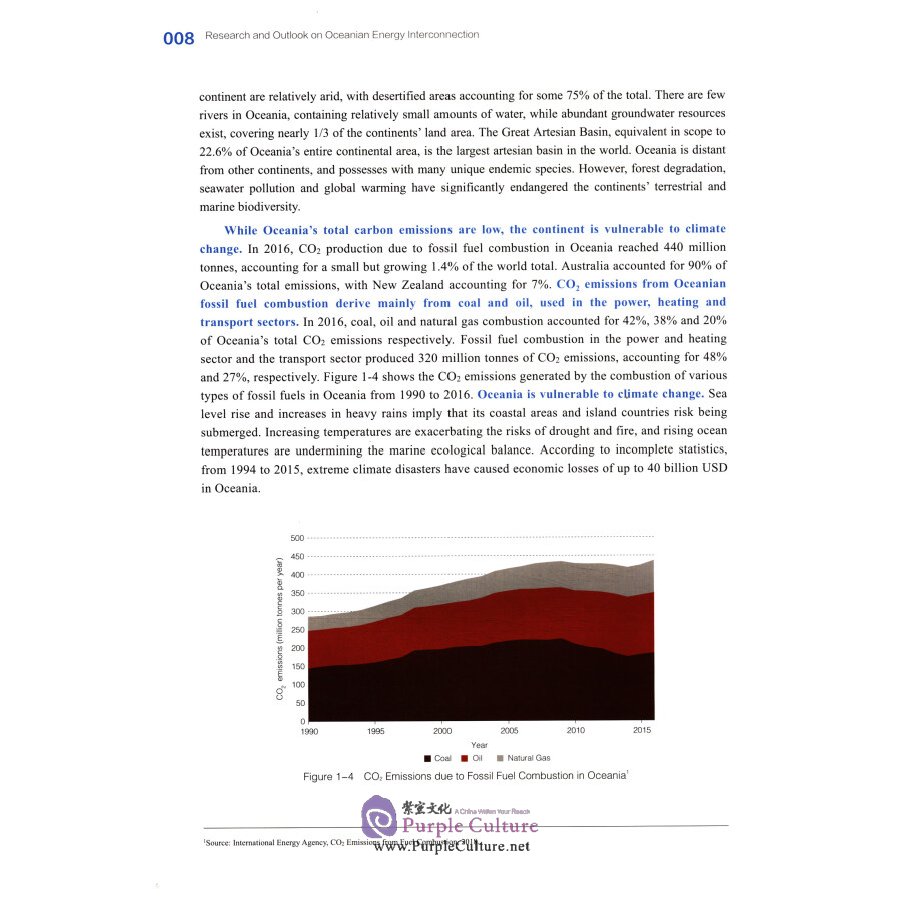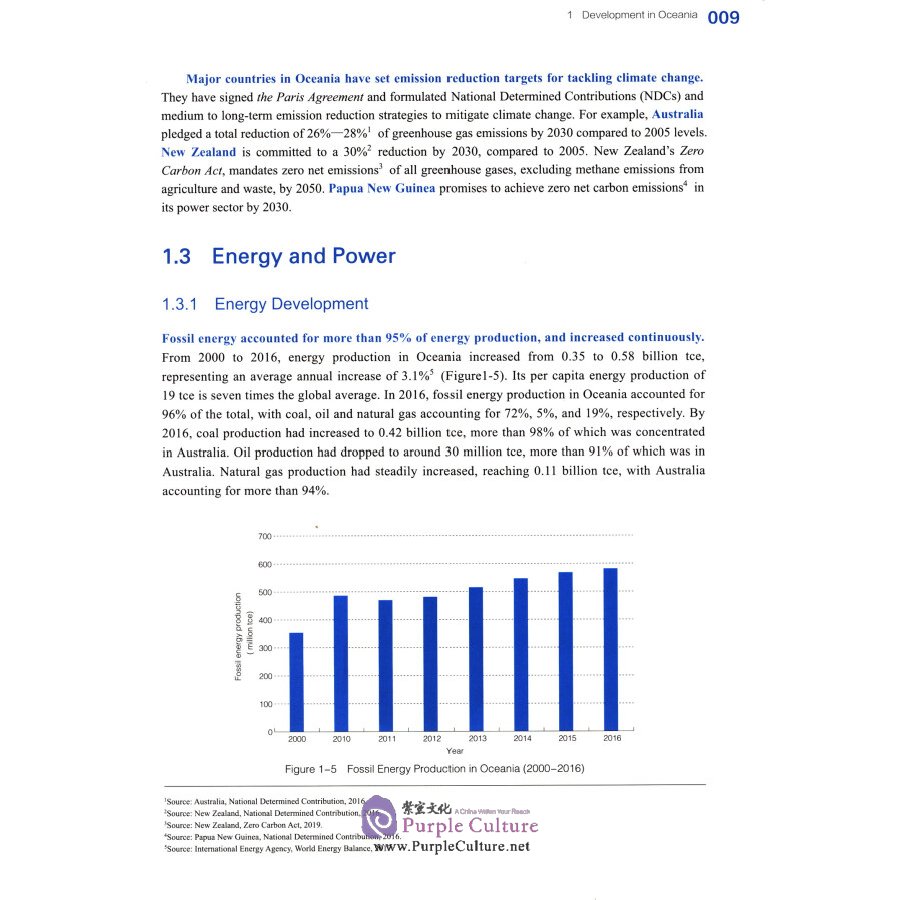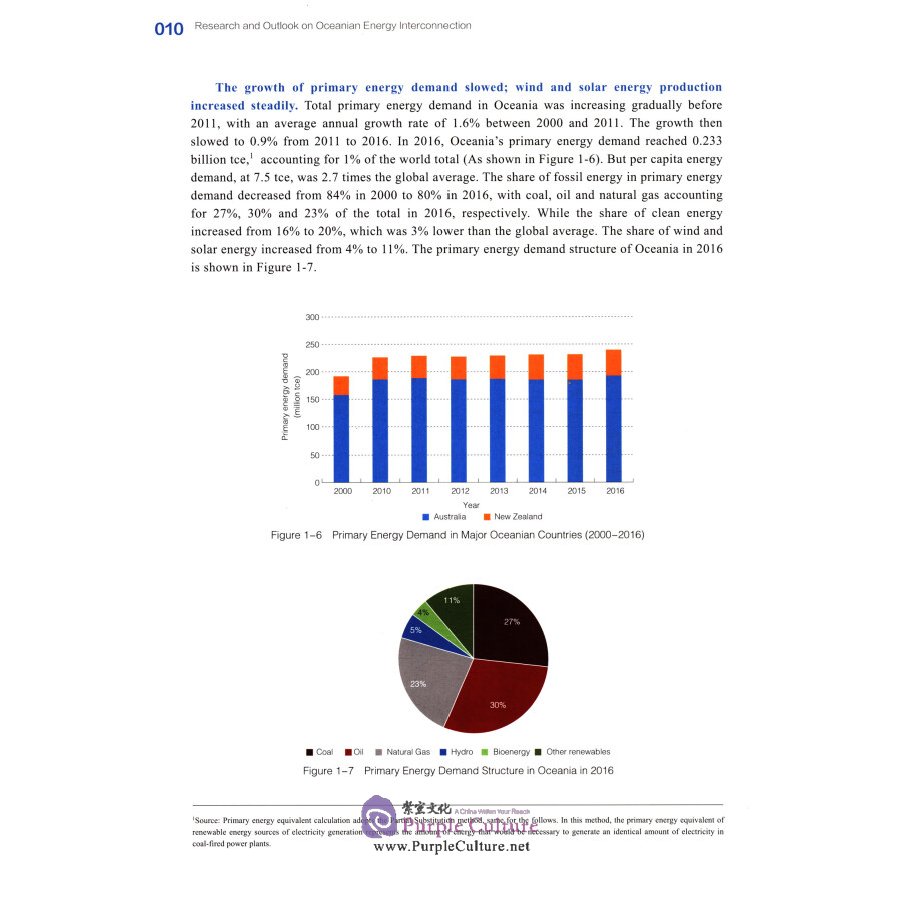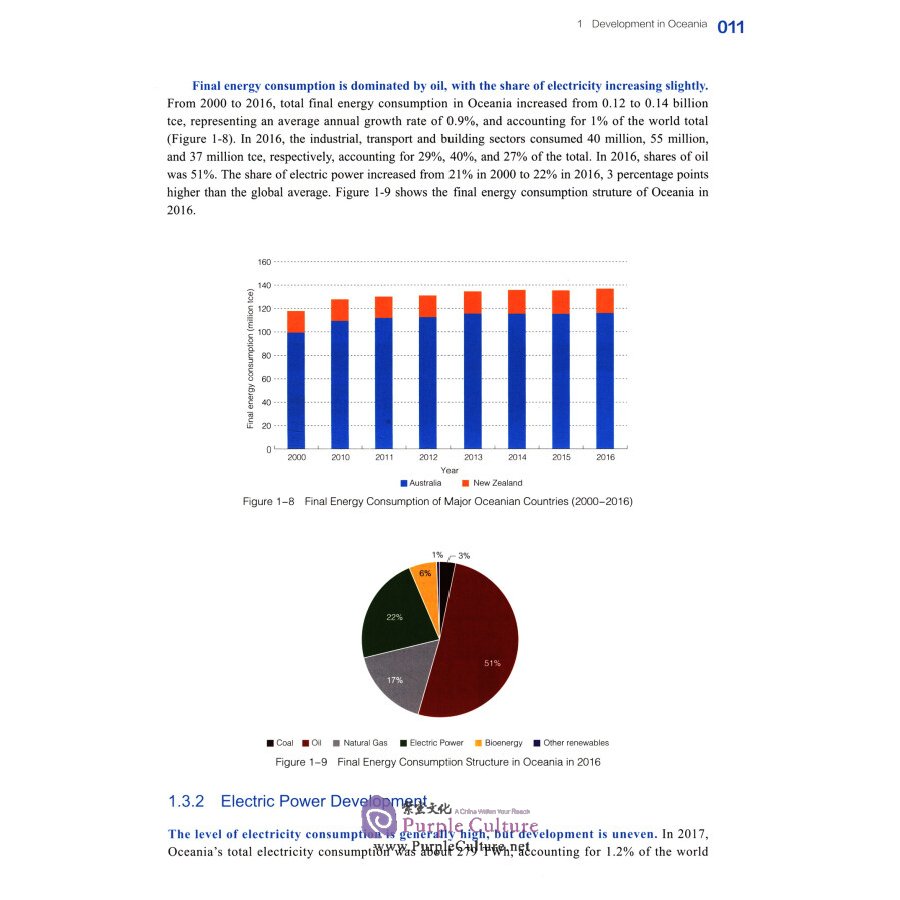Details
In order to promote the development of the GEI, the Global Energy Interconnection Development and Cooperation Organization (GEIDCO) has undertaken systematic researches on energy interconnection schemes at world, continent, key region and country levels since 2016. The researches have included extensive and comprehensive analysis of data and information of the global economy, society, energy, power, climate and environment, with reference from relevant strategic development plans and policies of various governments, as well as research findings from international organizations, research institutions and enterprises, according to which, advanced models, methods and tools have been applied to conduct study and outlook on the visions, paths, and key issues related to the development of the GEI. A series of research results on the GEI and Energy Interconnection of all continents have been achieved. For the first time, systematic and innovative solutions and top-level designs for global energy and power transition and clean and low-carbon development have been proposed within these research series. They have filled in the gaps within the global energy and power research field and could provide strategic guidelines for the GEI development and Energy Interconnection of all continents, key regions and countries, thus make critical contribution to accelerating green energy transition, addressing climate change and realizing sustainable human development.
Table of Contents
Preface
Study Region
Summary
1 Development in Oceania
1.1 Economy and Society
1.1.1 Macro Economy
1.1.2 Humanity and Society
1.1.3 Development Strategy
1.2 Resources and Environment
1.2.1 Natural Resources
1.2.2 Ecological Environment
1.3 Energy and Power
1.3.1 Energy Development
1.3.2 Electric Power Development
2 Challenges and Ideas of Sustainable Development in Oceania
2.1 Development Challenges
2.2 Development Ideas
2.2.1 Development Concept of Global Energy Interconnection
2.2.2 Oceanian Energy Interconnecbon Promoting Sustainable Development
2.3 Development Priorities
……
3 Energy and Power Development Trends
4 Development Layout of Clean Energy Resources
5 Power Grid Interconnection
6 Comprehensive Benefits
7 Development Outlook of Achieving 1.5 ℃ Temperature Control Target
Epilogue
Appendix
References



